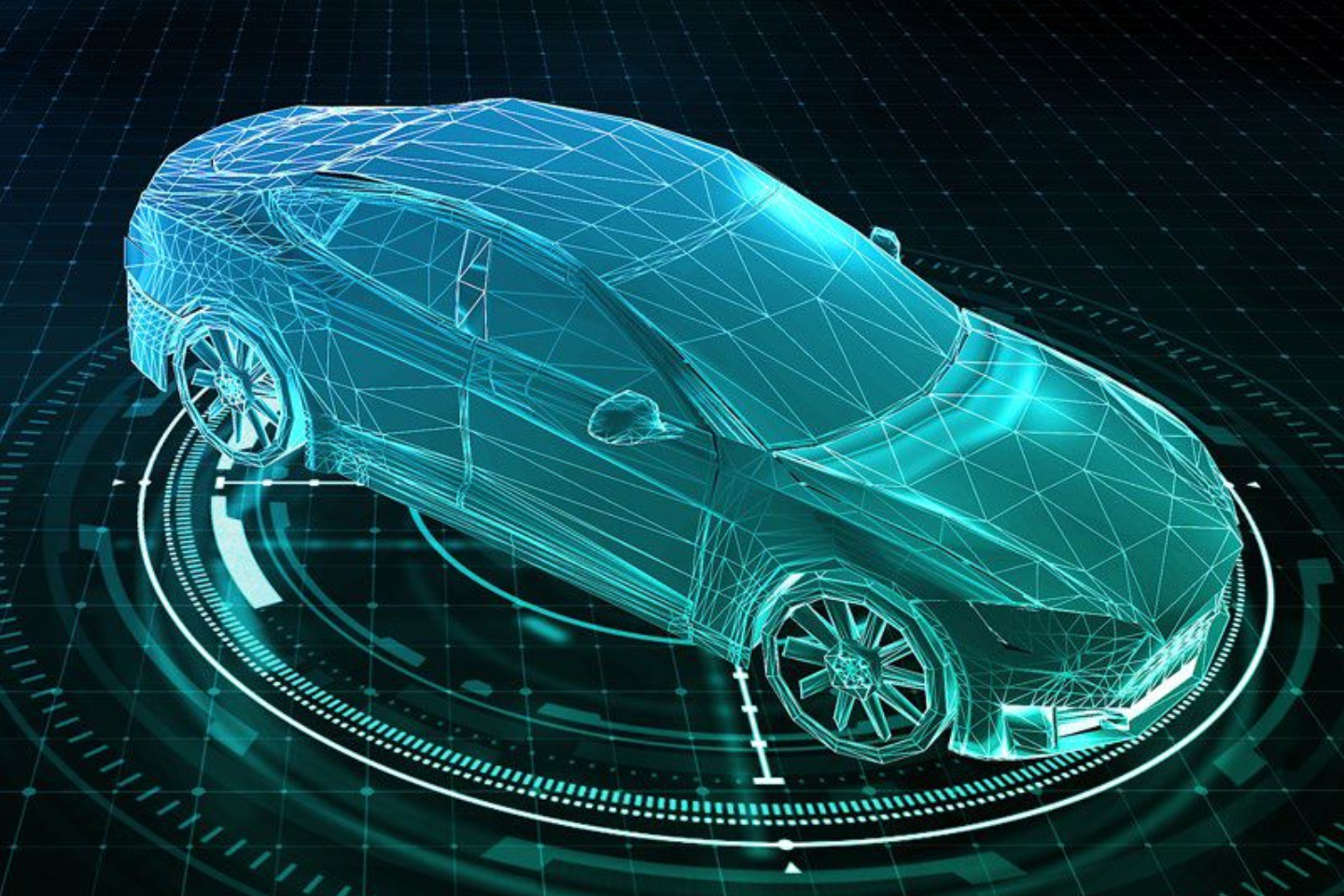Australian battery materials producer Neometals says its joint venture partner Primobius has produced industry-leading quality in trial production of battery-grade nickel sulphate from recycled lithium-ion batteries. The company believes the development, using Primobius’ patented technology, has immeasurable implications for sustainability through the recycling of expired batteries, which have largely unchanged components that can be recovered and turned into new batteries.


Australian battery materials producer Neometals says its joint venture (JV) partner Primobius has produced industry-leading quality in trial production of battery-grade nickel sulphate from recycled lithium-ion batteries (LIB).
The company believes the development, using Primobius’ patented technology, has immeasurable implications for sustainability through the recycling of expired batteries, which have largely unchanged components and can be recovered and turned into new batteries.
Neometals says the purity of its nickel sulphate produced from recycled nickel-manganese-cobalt LIBs exceeds specifications from Chinese cathode producers for nickel sulphate produced by recycling electric vehicle (EV) batteries. It says the results confirm Primobius’ ability to produce high-quality battery-grade nickel sulphate and validates the product previously produced in its 2019 pilot trials in Canada.
It also supports the potential global marketability of Primobius’ scaleable recycling plant modules that are proposed to be built by its partner and leading German project company and plant builder, SMS group. The modules are expected to be supplied under technology licencing agreements.
The biggest proportion by volume of any single battery material produced from the recycling of nickel-manganese-cobalt LIBs – the prevailing EV battery chemistry in Europe – is nickel sulphate, which also constitutes the largest co-product revenue stream. That is also the case in Primobius’ process and makes nickel a major contributor to keeping the operating costs of lithium co-production as low as possible.
The technology is based on a two-stage process to recover lithium, nickel and cobalt, in addition to other minor components, before they are refined into the battery-compatible materials required to produce new LIBs.
Primobius is a JV vehicle held equally by Neometals and global plant manufacturer SMS, which has installed plants in nearly every country in the world. It was established by the partners to co-fund commercialisation of the LIB recycling technology, which was originally developed by Neometals.
The company recently revealed it had received an order from Mercedes-Benz for a 10-tonne per day mechanical LIB shredding plant, which will comprise a feeder “spoke” of its new battery recycling operation in Germany.
The Australian Patent Office also recently granted Primobius timely protection for the key hydrometallurgical separation “hub” of its LIB recycling process, which constitutes a second order from Mercedes to be a downstream component from the “spoke” plant.
The two combined Mercedes orders represent major milestones for Primobius, as they form the JV’s first commercial recycling plant supply agreement with a global EV manufacturer – and its first significant revenue collection.
The Mercedes supply is seen by Neometals as a strong validation of Primobius’ technology being able to meet the needs of global manufacturers and the wider automotive industry.
LIBs refer to a wide array of battery technologies and chemistries, but generally relate to a battery based on charge and discharge reactions from a lithiated metal oxide cathode and a graphite anode. Two of the more commonly used lithium-ion chemistries are nickel-manganese-cobalt and lithium-iron-phosphate.
The batteries are used in a variety of applications, from electric vehicles to residential batteries and grid-scale applications.
The industry requires nickel and cobalt to be supplied in specific chemical form for the production of precursor material. In the case of both cobalt and nickel, it is generally in the form of hydrated metal sulphates.
Many components remain unchanged through the life of a battery and their recovery from expired units is a massive leap for sustainability in a world which is increasingly dependent on them, yet faced with growing or imminent supply shortages.
Is your ASX-listed company doing something interesting? Contact: matt.birney@businessnews.com.au












